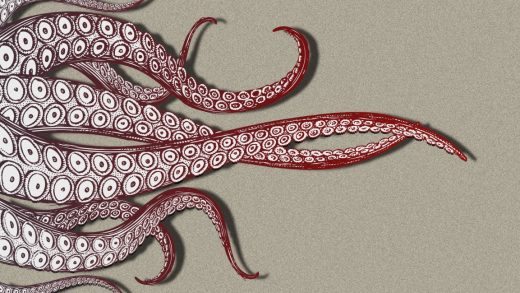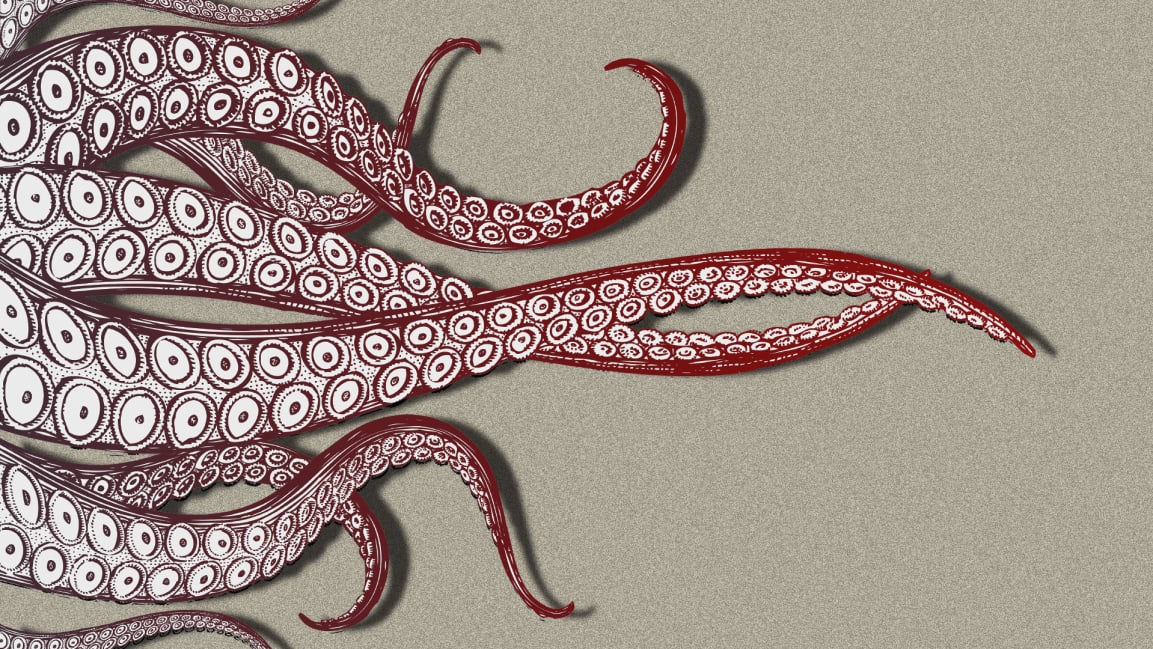How to tackle the monsters holding you back from being a good leader
Leadership development needs a strong dose of vulnerability. When we explore the depths of our minds and hearts, we lead with more authenticity and integrity.
Unconscious leadership happens when we aren’t self-aware, which puts fear in the driver’s seat. Because fear has a limited breadth of vision, it overlooks choices that would empower us and those we serve. At its best, unconscious leadership is weak. At its worst it’s destructive.
It’s hard to recognize in others what we don’t first see in ourselves. As we practice becoming more self-aware through conscious self-exploration, we will find it easier to see into others deeply and with precision. We may even find ourselves identifying others’ unconscious motivations before they do.
Self-awareness is critical in the workplace because it allows us to make smarter hiring decisions, nominate stronger leaders, and serve as empathic and inspirational mentors.
When we are deceived by others, it’s often because we are lacking insight about ourselves. When we don’t do our inner homework, we unwittingly attract people who will serve to compensate for our unchecked fears–rather than serve the company’s mission.
I used to work with a woman who felt powerless around men with authority. I also noticed that she repeatedly hired males who were incompetent on the job. While she complained openly about their lackluster efforts, over time she wasn’t successful at correcting their performance, nor did she end their employment when the opportunities came up.
Tackling our personal monsters
Although we don’t like to consider how our personal stuff interferes with work life, that sphere is often the starting place for unraveling our workplace woes. Most of us don’t see how our decisions at work are affected by the fears that lurk within us. These fears are like computer viruses that run silently in the background until the system breaks down—or until we decide to install malware prevention in the form of self-exploration.
It’s true that no two people are alike, at a superficial level, that is. Our stories and experiences will always be unique. However, what firmly connects us is that we carry the same collection of core fears. These seven fears lie at the root of our pain stories and are essentially false beliefs—or illusions—about ourselves, others, and the world:
Individually, we grapple with all of these fears, however, they don’t all have the same degree of power over us. For example, some of us may have a sturdy sense of belonging but struggle our whole lives with a fear of unworthiness.
Coming face to face with the “bugs” in our psyche, through intentional self-exploration, allows us to see how our fears have been manipulating us. We can essentially dive into any situation that triggers us emotionally to discover the pathway to our core fears, as long as we remain nonjudgmental toward ourselves in the process. Reacting with shame and guilt only keeps us in a state of denial.
We tend to forget that the inner exploration itself is the very act of holding ourselves accountable. Any self-recrimination we experience in the process is likely signaling another core fear that tangled itself up with the first one. Fear often shows up in bundles, giving us the opportunity to knock out several with one stone.
When we talk about processing fear, what we really mean is coming to a full realization about how a false belief has hijacked our decision-making while becoming more conscious means choosing to invest our power in the beliefs that serve us (and are actually true):
This is the very programming that unlocks our inner magic and allows us to manifest joyful and successful outcomes.
Dealing with organizational beasts
As organizations, we have developed bad collective habits of distracting ourselves from the real source of our problems.
First, we invest great sums of money and time working with organizational consultants, expecting them to clean up our mess while overlooking that as external parties they can never know us as well as we know ourselves and the systems we operate.
Second, we tend to focus on the outer, superficial layers of our challenges.
Any given company essentially comprises a what (products and services), a how (internal and external processes), and a who (people). Traditionally, these factors have been the targets of organizational improvement because we assumed them to be the foundations of our business.
However, it’s the fourth factor—our why—which is the true foundation of any enterprise. It’s our ability to identify unconscious motivations at a system-level.
While it’s a frustrating truth that the vast majority of organizational transformation efforts fail, it isn’t because we are afraid of change as much as we are afraid of seeing ourselves with an honest pair of eyes.
It’s time to stop blaming the other side for any difficult situation. If we start practicing compassionate self-exploration, individually and collectively, we will uncover whether we are being slaves to our fears or servants to reality and we will emerge from our problems.
The next time vulnerability knocks on our door, let’s not confuse her with weakness. She’s a driver of change. She’s also a pain signal that wants to wake us out of unconscious leadership into the brightness of self-awareness. Self-exploration is simply the choice to answer the call.
Bianca Finkelstein, PhD is a conscious leadership and business intuition coach at Conduit Insight.
(20)



